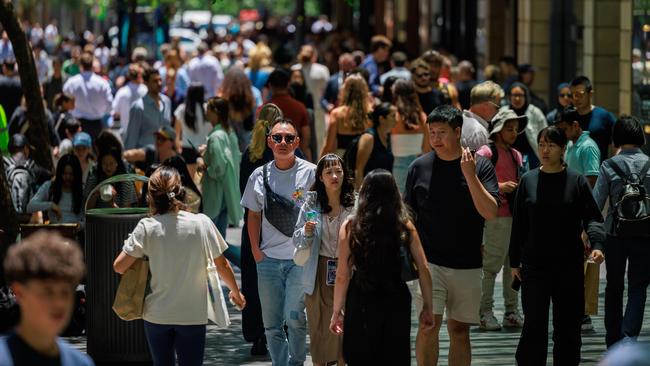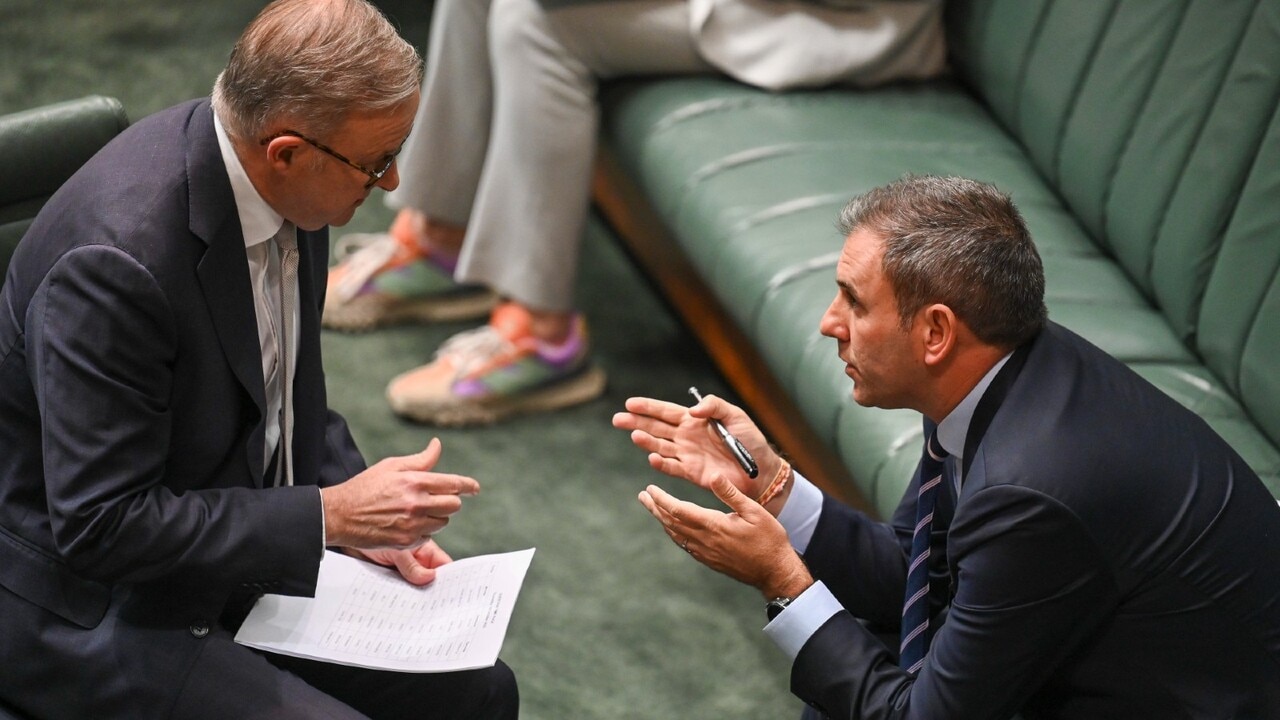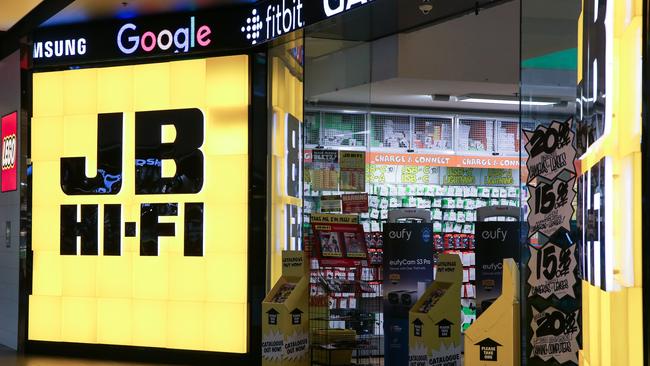Australian households to spend more on discretionary items in 2025, Mastercard says
Consumers are tipped to reopen their wallets for big-ticket discretionary purchases in 2025, according to research by global payment card services provider Mastercard.

Australian households are tipped to reopen their wallets for big-ticket discretionary purchases in 2025, as elevated wages coupled with declining inflationary pressures ease cost of living pressures.
Global payment card services provider Mastercard says reduced cost-of-living pressures will have a knock-on effect across the economy, with consumers likely to increase their spending – especially on discretionary items, including major purchases, such as electronics, furniture and appliances.
Mastercard Economics Institute has forecast that it will help to boost sluggish annual GDP growth to 2.1 per cent in 2025, compared to 1.2 per cent this year.
It would also ease a quasi-recession for households after GDP per capita fell 0.3 per cent in September, the seventh consecutive fall.
Retailers have been under the pump as household budgets are stretched thin amid a surge in mortgage and rental payments, coupled with more expensive utility bills and higher prices for essential items such as food.
This has led to a surge in insolvency appointments, which rose 40 per cent in the 2024 financial year to a record high of 11,049 – surpassing the peak of the Global Financial Crisis – with the latest September quarter 45 per cent above the same period in 2023.

Mastercard chief economist David Mann said that the Reserve Bank would probably cut interest rates in the first half of 2025, with the decision currently a close call between a February or May cut, and this would ease mortgage repayments for millions of households.
“The story of 2025 will be a better outlook for the consumer in Australia and even for the economy overall, part of the reason being that we think there is some room for the RBA to start to do some rate cuts starting in the first half of next year,” he said.
“It’s just a question of exactly how early they can get going on it. That’s a bit more up in the air, but we think there is room to do that, because inflation has been easing off fairly well in the last few readings.”
Mr Mann said that lower inflation, coupled with a reduction in mortgage repayments, would begin to flow through to discretionary consumer spending for much of 2025.
Households have also benefited from recent tax cuts, which had correlated with a notable improvement in consumer sentiment, Deloitte Access Economics reported this month.
The Australian Retailers Association and research firm Roy Morgan expect shoppers to spend $69.8bn in the lead-up to Christmas, up 2.7 per cent on last year’s figures. In total, 16.7 million Australians will buy Christmas gifts in 2024, up 1 per cent on 2023 and on average those shoppers are forecast to spend $707 each, up $61 on the average recorded a year ago.
Higher disposable incomes were also likely to be directed towards discretionary purchases rather than essentials in 2025.

“We see an acceleration of consumer spending compared to what we’ve seen in the last two years as we’re potentially past the peak of pain for consumers. Rates topped out a while ago and will be going lower. Meanwhile, incomes have continued to be rising,” Mr Mann said. “During the pandemic we saw spending on household goods really boom but that sector has taken a back seat during the current era. We expect there to be more spending on big-ticket items such as household goods and electronics – partly a replacement cycle and normalisation of budgets.”
Mastercard data also shows that since September there has been an increase in the share of spending going to travel for both the mass consumer and the affluent consumer, and this is expected to grow further over the coming year.
JB Hi-Fi’s most recent trading update in October reported total sales at the retailer in the September quarter rose 4.9 per cent, with same store sales better by 5 per cent, while Harvey Norman told investors sales at its Australian franchisees rose 3.2 per cent.
It comes after JB Hi-Fi posted a 0.4 per cent fall in fiscal year revenue to $9.59bn as net profit fell 15.4 per cent to $438.8m. Harvey Norman was also affected, with earnings of $652.67m, down 24.8 per cent.






To join the conversation, please log in. Don't have an account? Register
Join the conversation, you are commenting as Logout